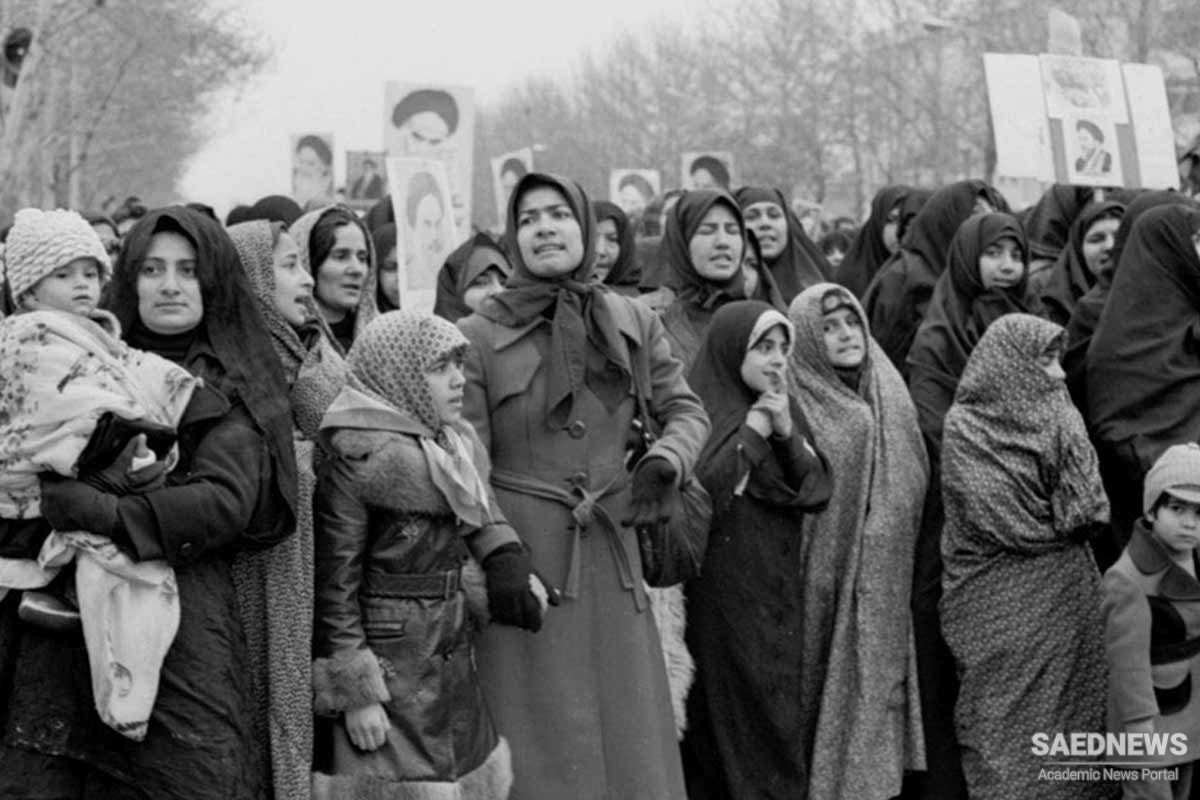In strengthening economic institutions, the principle is to satisfy the needs of human beings in the process of their development and growth. This is contrary to other economic systems that focus on the concentration and accumulation of wealth and on seeking profit. In the material schools of thought economy is an end in itself; consequently, at different stages of growth, economy becomes an element of destruction, decadence, and ruin. But in Islam, the economy is a means that is not expected to do anything except better facilitate reaching the goal. From this perspective, the economic plan of Islam is to provide apt conditions for the emergence of human beings’ various creativities. Consequently, it is the responsibility of the Islamic government to secure equal and appropriate opportunities and employment for all individuals and to fulfill their needs so they can continue on the course of their progress.
In establishing Islamic social institutions, human forces that have thus far been utilized in the service of the multifaceted foreign exploitation now reclaim their own genuine identity and human rights. In this process, it is natural that women, who up until this point have endured a greater degree of oppression under the despotic regime, should be granted more rights. The family is the primal unit of society and the essential center for the growth and grandeur of men. Compatibility in respect to beliefs and ideals is the fundamental principle in establishing a family, that is the essential ground for the course of humanity’s growth and development. It is among the responsibilities of the Islamic Republic to provide the conditions for attaining this goal. In accordance with this view of the family unit, women are emancipated from the state of being an “object” or a “tool” in the service of disseminating consumerism and exploitation, while reclaiming the crucial and revered responsibility of motherhood and raising ideological vanguards. Women shall walk alongside men in the active arenas of existence. As a result, women will be the recipients of a more critical responsibility and enjoy a more exalted and prized estimation in view of Islam.
In establishing and equipping the defense forces of the country, the focus shall be on maintaining ideology and faith as the foundation and the measure. Consequently, the Army of the Islamic Republic and the Islamic Pasdaran Revolutionary Corps are formed in accordance with the aforementioned objective. They will undertake the responsibility of not only guarding and protecting the borders, but also the weight of ideological mission, i.e. striving ( jehād) on the path of God and struggle on the path of expanding the sovereignty of the law of God in the world; in accordance with the Qur’anic verse: “Against them make ready your strength to the utmost of your power, including steeds of war, to strike terror into (the hearts of) the enemies, of Allah and your enemies” (8: 60).
The judiciary in its preservation of the rights of the people, and in accordance with the line followed by the Islamic revolution, and in its prevention of deviations within the Muslim nation, plays a crucial role. Therefore, provisions must be made to create a judicial system that is based on Islamic justice and is composed of just judges who are aware of the precise criteria laid down in Islam. Given the sensitive nature of the judi- ciary and the need for its ideological correction, the judiciary must shun any unhealthy relations and connections. This is in accordance with the Qur’anic verse, “When you pass judgment among men, judge with fairness” (4:58).


 Constitutional Regime, Monarchical Majesty and Challenges of Limiting the King's Power
Constitutional Regime, Monarchical Majesty and Challenges of Limiting the King's Power














































